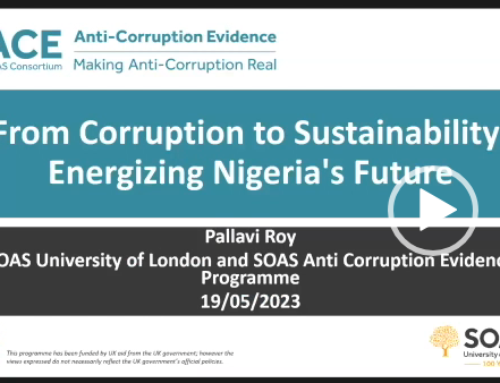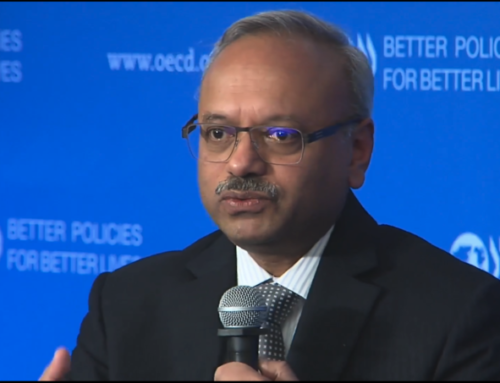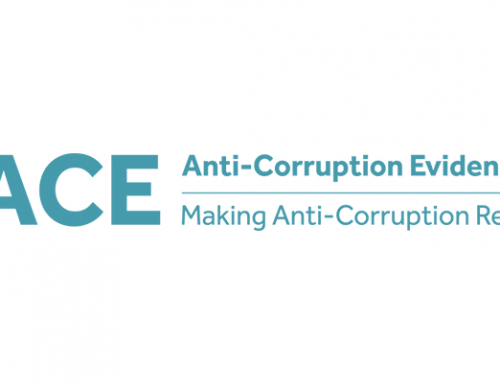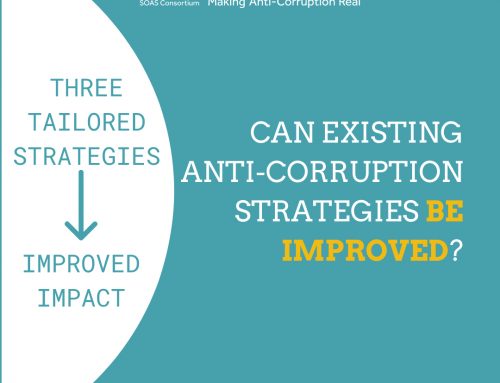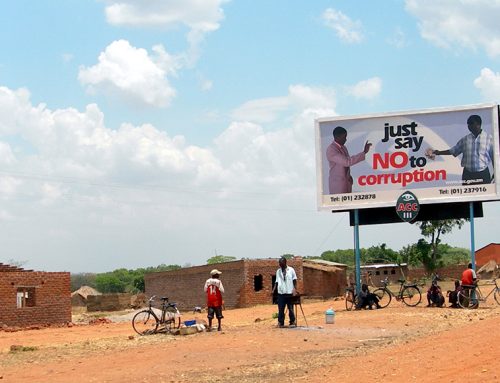7 September 2021 (via Zoom)
About the webinar
The privatisation of Nigeria’s electricity sector has not resolved inefficiencies like legacy corruption, dysfunctional contract arrangements, inefficient transmission, and declining financial assets that have long plagued the sector. Small and medium enterprises (SMEs), accounting for 96% of businesses in Nigeria, are the most impacted by the insufficient electricity supply. In research jointly conducted by the Anti-Corruption Evidence (ACE) research programme and the Centre for Democracy and Development (CDD), 35 SMEs in manufacturing clusters in South-East Nigeria (Nnewi, Aba and Onitsha) and Abuja were surveyed. About 80% of all respondents cited power supply as the greatest obstacle for their businesses, with over 40% reporting that power accounts for around 35% of their total costs. Our research finding suggests that resolving electricity constraints for this sector in the short-to-medium term portends a huge impact on the economy. This webinar aimed to share the key findings of this research with electricity sector stakeholders and policymakers.
Speakers:
- Jibrin Ibrahim, Senior CDD Research Fellow
- Eyo O. Ekpo, Member of the Board, New Frontier Developments
- Pallavi Roy, Research Director, Anti-Corruption Evidence Research Partnership Consortium
- Kelechi Iwuamadi, Research Fellow, Institute for Development Studies (IDS), University of Nigeria
Related publication
The potential of small and medium enterprises: Off-grid solutions to corruption in Nigeria’s electricity sector (Briefing paper)


